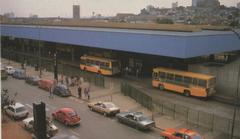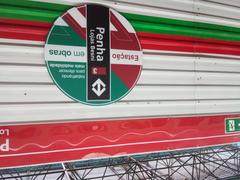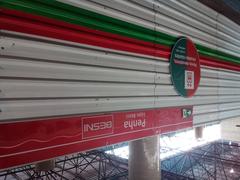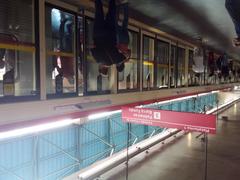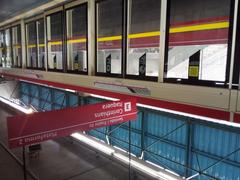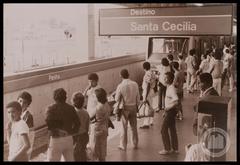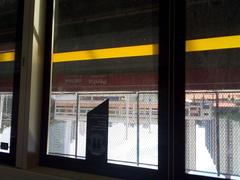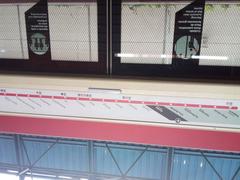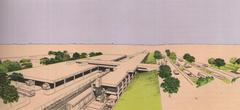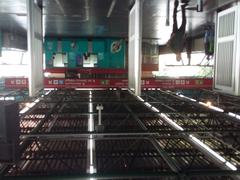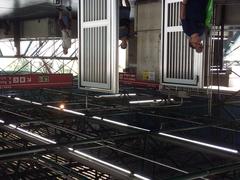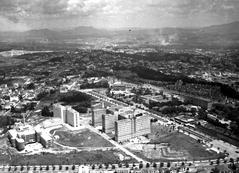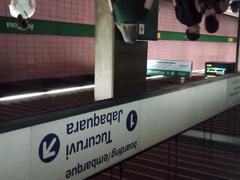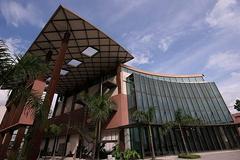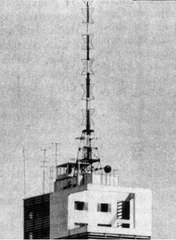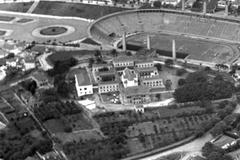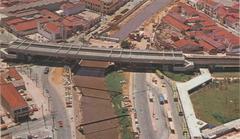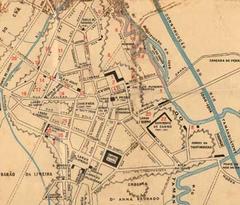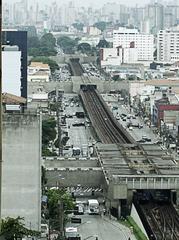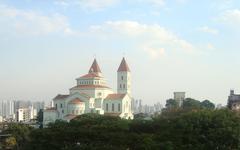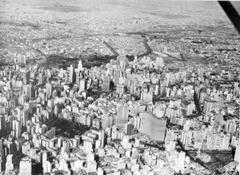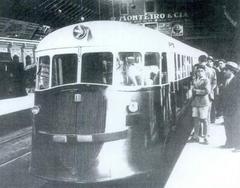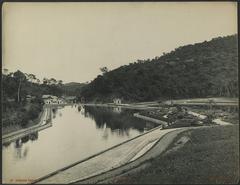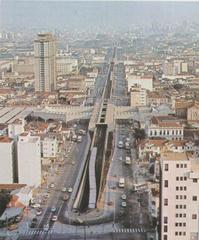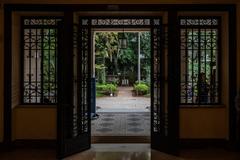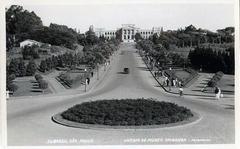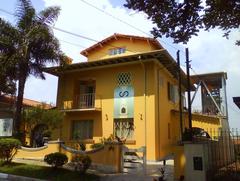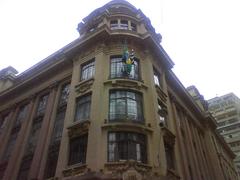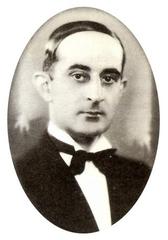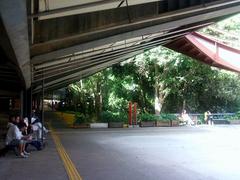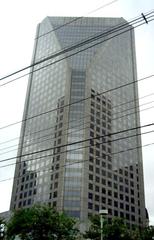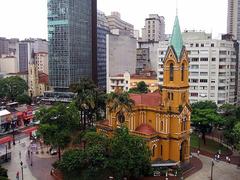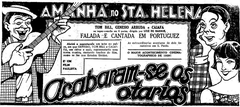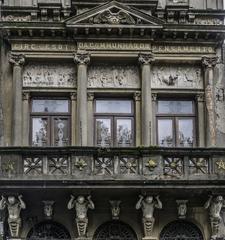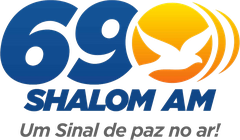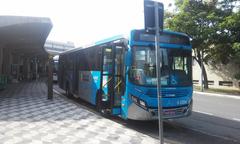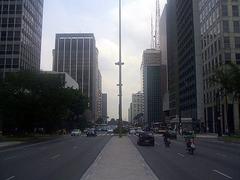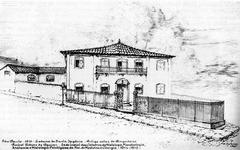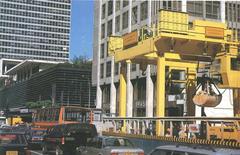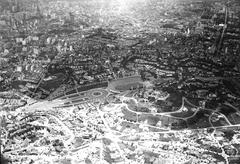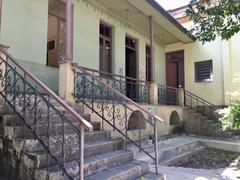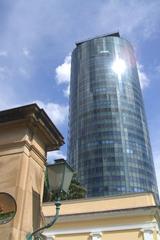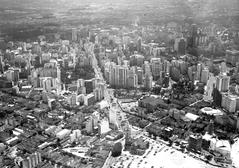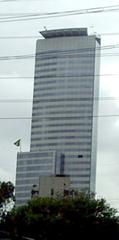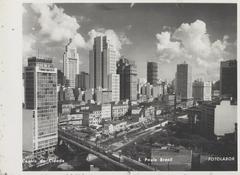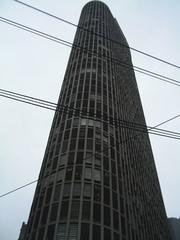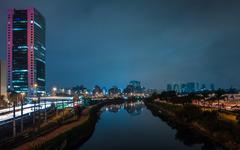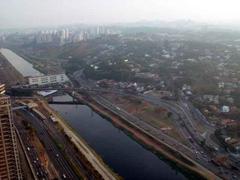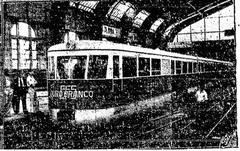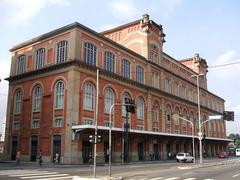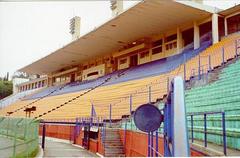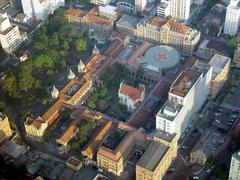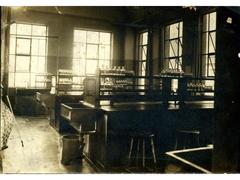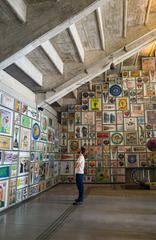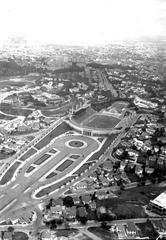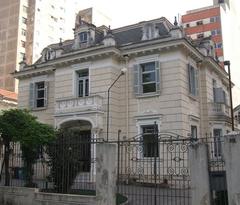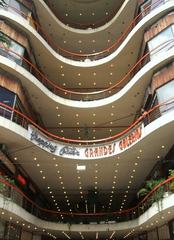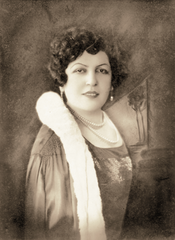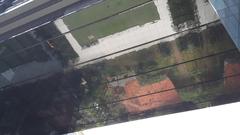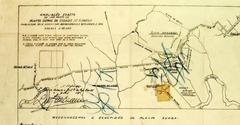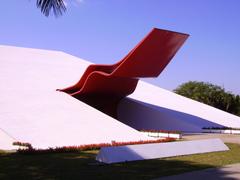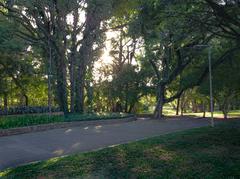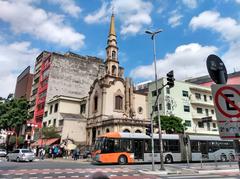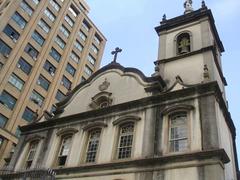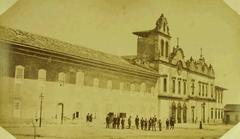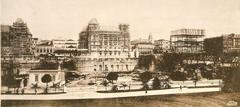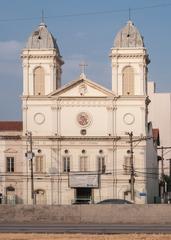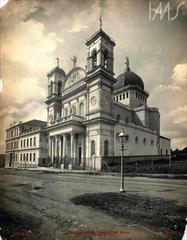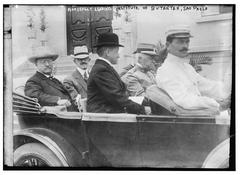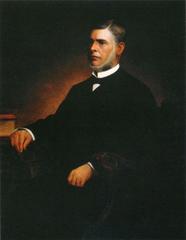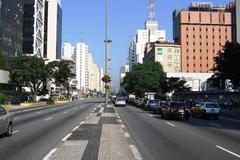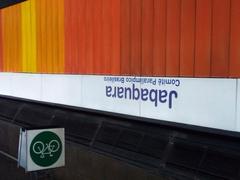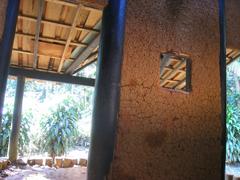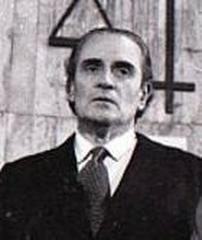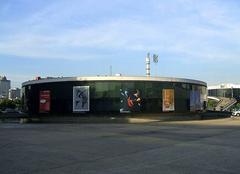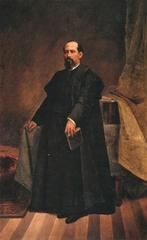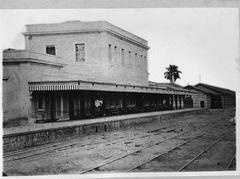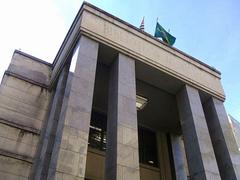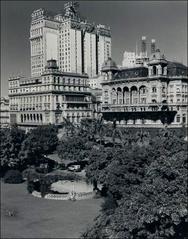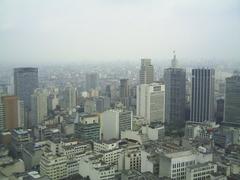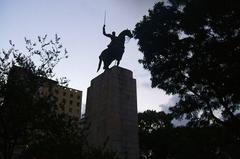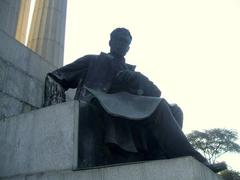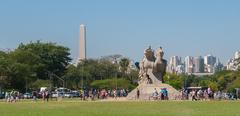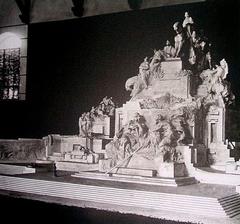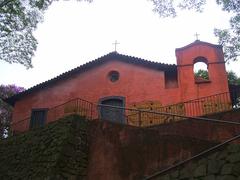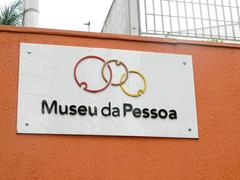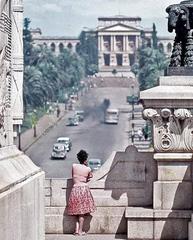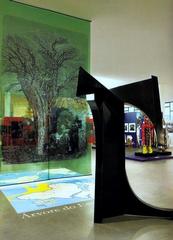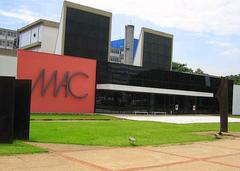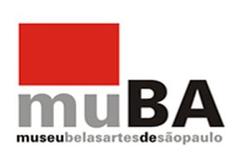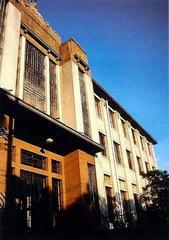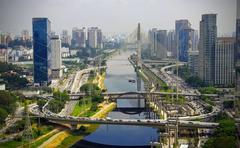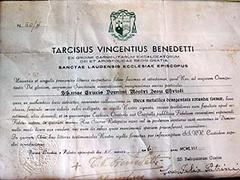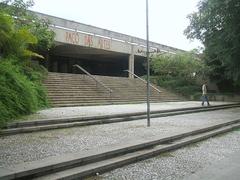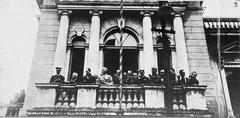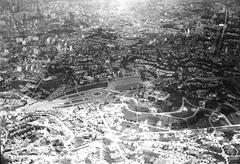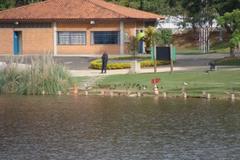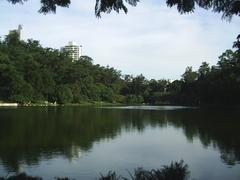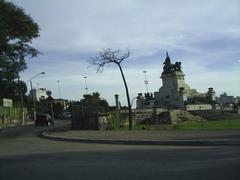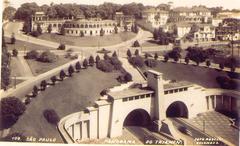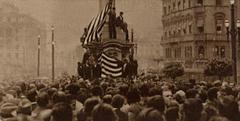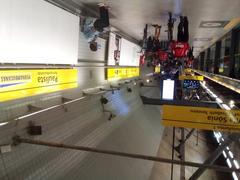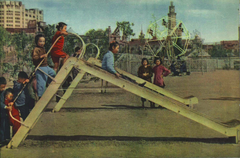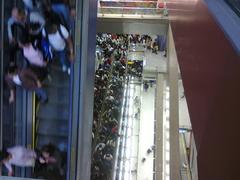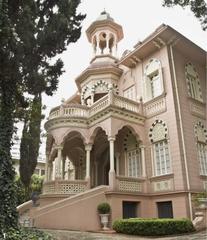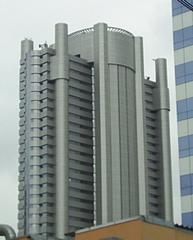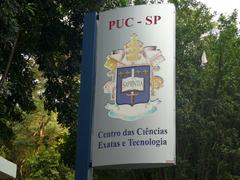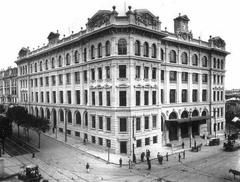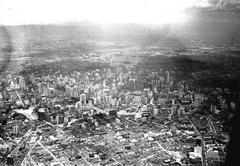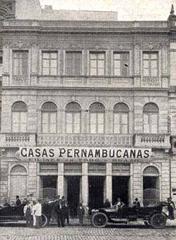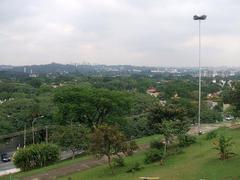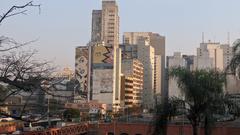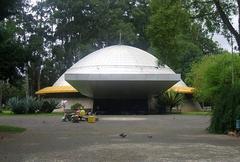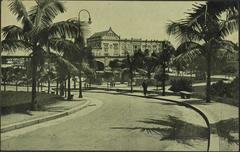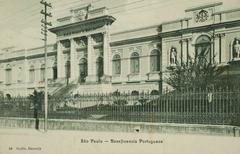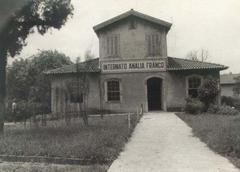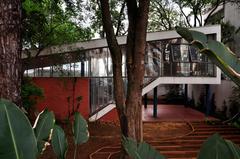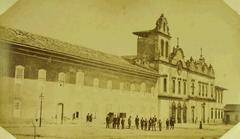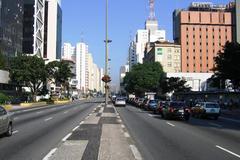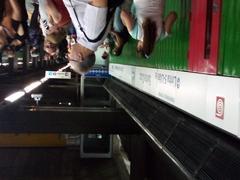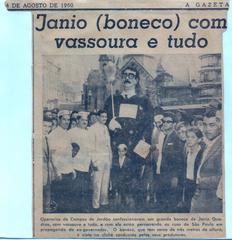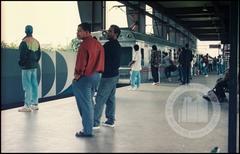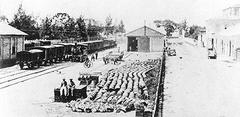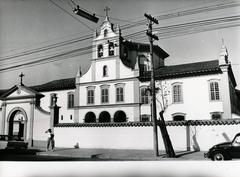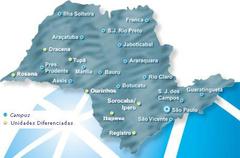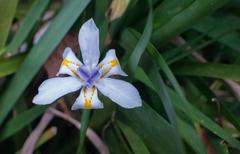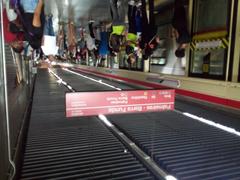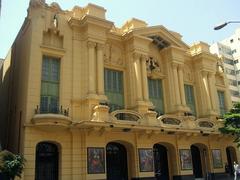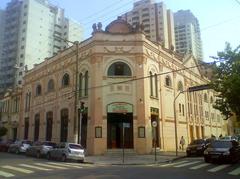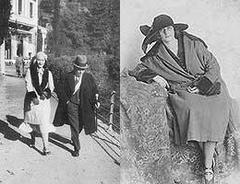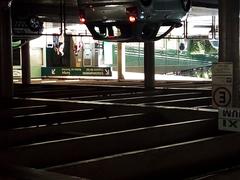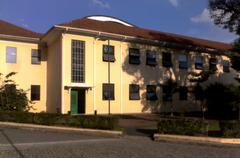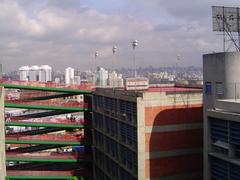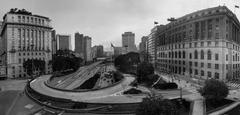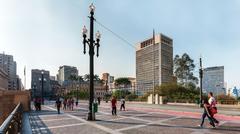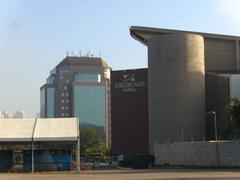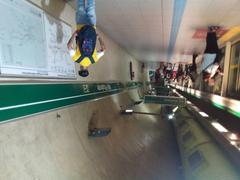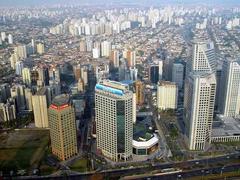
Penha São Paulo Brazil: Visiting Hours, Tickets & Tourist Guide
Date: 15/06/2025
Introduction
Penha, one of São Paulo’s oldest and most culturally vibrant districts, is renowned for its blend of colonial history, religious heritage, and multicultural experiences. Anchored by the iconic Igreja Nossa Senhora da Penha, a 17th-century church atop a rocky hill, Penha offers visitors panoramic views, historic sites, lively festivals, and community-driven cultural spaces (Official Igreja Nossa Senhora da Penha Website). Easily accessible via São Paulo Metro Line 3 (Red Line), Penha is a must-visit for travelers seeking an authentic experience of São Paulo’s living history and contemporary urban culture (São Paulo Tourism Official Site).
Table of Contents
- Discover Penha: District Overview
- Historical Significance
- Key Landmarks & Visitor Information
- Getting There
- Parks, Green Spaces, and Urban Culture
- Cultural and Religious Life
- Shopping, Gastronomy, and Local Markets
- Sports, Recreation, and Family-Friendly Activities
- Practical Tips for Visitors
- Notable Annual Events
- Nearby Attractions
- FAQ
- Conclusion
- Useful Links
Discover Penha: District Overview
Situated in São Paulo’s eastern zone, Penha is a historically rich neighborhood dating back to the 16th century. It developed around the Igreja Nossa Senhora da Penha, which remains a spiritual and cultural centerpiece. Today, Penha is characterized by its colonial architecture, vibrant markets, street art, green spaces, and a diverse population celebrating various cultural and religious traditions.
Historical Significance
Penha’s origins are rooted in both Portuguese colonization and indigenous Tupi-Guarani presence. The district’s name comes from the rocky outcrops (“penha” in Portuguese) that dominate the landscape. Over centuries, Penha has witnessed transformation from a rural parish to a bustling urban center, retaining its historic charm while embracing multicultural influences.
Key Landmarks & Visitor Information
Igreja Nossa Senhora da Penha
- History & Highlights: Founded in the late 1600s, this church is an architectural and spiritual landmark with two bell towers and striking hilltop views.
- Visiting Hours: Monday to Saturday, 7:00 AM–6:00 PM; Sunday, 7:00 AM–7:00 PM.
- Tickets: Free entry. Donations welcome.
- Accessibility: Paved paths are present, but some steep sections may challenge those with mobility issues.
- Guided Tours: Available during main festivals and by appointment via the parish office.
- Special Events: The annual Festa da Penha (September 7th) features religious processions, music, and food (Official Igreja Nossa Senhora da Penha Website).
Mercado Municipal da Penha
- Overview: A bustling market since the early 20th century, offering local produce, crafts, and classic São Paulo snacks.
- Hours: Monday to Saturday, 6:00 AM–6:00 PM; Sunday, 6:00 AM–2:00 PM.
- Entry: Free.
Penha Monastery (Mosteiro da Penha)
- Features: Tranquil gardens and panoramic city views, adjacent to the main church.
- Hours: Daily, 8:00 AM–5:00 PM.
- Entry: Free.
Getting There
- By Metro: São Paulo Metro Line 3 (Red Line), Penha Station (Penha Metro Station Information).
- By Car: Via Avenida Penha de França; parking is available near main attractions.
- Best Time: Mornings or weekdays for a quieter experience; during festivals for vibrant local culture.
Parks, Green Spaces, and Urban Culture
- Parque Linear Tiquatira: A 3.5 km park along the Tiquatira River, ideal for walking, cycling, and family outings. Open daily, 5:00 AM–10:00 PM.
- Praça 8 de Setembro: Central public square, host to performances and local events, open 24/7.
- Street Art: Colorful murals depicting Penha’s history and cultural diversity; guided street art tours are available by booking.
Cultural and Religious Life
Afro-Brazilian & Indigenous Heritage
Organizations such as Grupo Ururay and the Memorial Penha de França preserve Afro-Brazilian and indigenous traditions through workshops, oral history projects, and exhibitions (movimentoculturalpenha.com.br).
- Memorial Penha de França Visiting Hours: Wednesday to Saturday, 10:00 AM–5:00 PM. Free admission.
Multicultural Festivals
- Festa de Alasita: Celebrated annually at Largo do Rosário, this Bolivian festival honors the god Ekeko with blessings, Andean food, and performances (Festa de Alasita Information).
- Festa da Penha: The region’s largest religious celebration in September, with processions, music, and communal meals.
Community Institutions
- Centro Cultural da Penha: Cultural hub for theater, music, art, and workshops. Tuesday–Sunday, 10:00 AM–8:00 PM.
- Biblioteca Pública José Paulo Paes: Modern library, events, and workshops. Monday–Friday, 9:00 AM–6:00 PM; Saturday, 9:00 AM–1:00 PM.
Artistic Initiatives
Local artists and organizations foster social inclusion and urban memory through public art, performances, and heritage campaigns.
Shopping, Gastronomy, and Local Markets
- Mercado Municipal da Penha: Ideal for fresh produce, artisanal cheeses, and traditional snacks.
- Rua Padre João: Main street with diverse dining options, from Brazilian classics to international cuisine.
- Feira de Artesanato da Penha: Monthly handicraft fair (first Saturday, 9:00 AM–5:00 PM).
- Shopping Penha: Modern mall for shopping, dining, and entertainment. Monday–Saturday, 10:00 AM–10:00 PM; Sunday, 12:00 PM–8:00 PM.
Sports, Recreation, and Family-Friendly Activities
- Clube Esportivo da Penha: Sports club with swimming, tennis, football, and social events. Daily, 6:00 AM–10:00 PM.
- Cycling and Walking Trails: Bike rentals and tours connect parks and historic sites.
- Sesc Belenzinho (Nearby): Cultural complex with pools, theaters, and family programs.
Practical Tips for Visitors
- Transportation: São Paulo Metro (Penha Station, Line 3 – Red) and bus routes offer easy access. Taxis and ride-sharing apps are available.
- Safety: Penha is generally safe during the day. Use standard urban precautions, especially at night.
- Language: Portuguese is spoken; some tourist areas have English/Spanish assistance.
- Accessibility: Most modern attractions are accessible; historic sites may have limited access—check ahead if needed.
- Best Visit Period: April–October for mild weather and fewer crowds (Best Time to Visit São Paulo).
- Local Etiquette: Dress modestly in religious sites; be respectful during ceremonies; support local businesses and artisans.
Notable Annual Events
- Festa de Nossa Senhora da Penha: September; religious processions, music, and food stalls.
- Festa Junina: June; folk music, dance, and regional cuisine.
- Artisan Fairs: Monthly; local crafts and food.
Nearby Attractions
- Cantareira State Park: Urban forest with hiking and city views (Cantareira State Park).
- Museu Paulista: Museum of São Paulo’s history (Museu Paulista).
Frequently Asked Questions (FAQ)
Q: Are there entrance fees for main attractions?
A: Most sites, including the church, monastery, and parks, are free. Some cultural events may have a small fee.
Q: When is the Festa da Penha?
A: Annually in September, with main celebrations on September 7th.
Q: Are attractions wheelchair accessible?
A: Many modern sites are accessible; historic buildings may have stairs or uneven paths.
Q: How do I book guided tours?
A: Tours can be arranged through local agencies or the São Paulo tourism office. Online booking is recommended.
Q: Is Penha safe for tourists?
A: Yes, especially during the day. Practice standard urban safety measures.
Conclusion
Penha is a welcoming destination that captures the essence of São Paulo’s historical depth and vibrant community life. From the majestic Igreja Nossa Senhora da Penha and bustling markets to immersive cultural festivals and contemporary art, Penha invites visitors to explore, participate, and connect. For updated event schedules, travel advisories, and personalized itineraries, download the Audiala app and follow our social media for the latest tips and exclusive offers.
Plan your Penha adventure today and discover a neighborhood where tradition and innovation thrive side by side.
Useful Links
- Official Igreja Nossa Senhora da Penha Website
- São Paulo Tourism Official Site
- Penha Metro Station Information
- Memorial Penha de França
- Festa de Alasita Information
- Cantareira State Park
- Museu Paulista
- Best Time to Visit São Paulo
Penha is a living mosaic of history, culture, faith, and creativity—an essential stop for every traveler to São Paulo.

